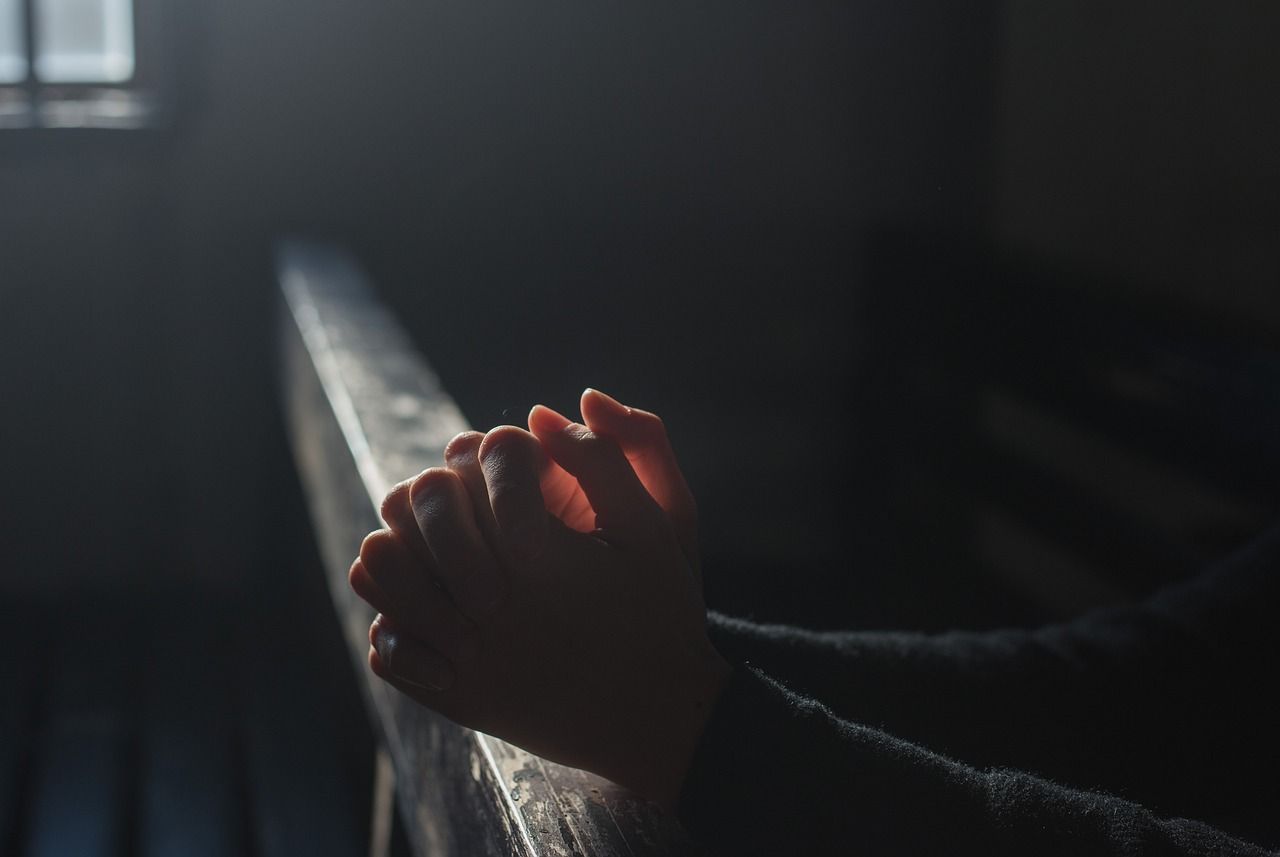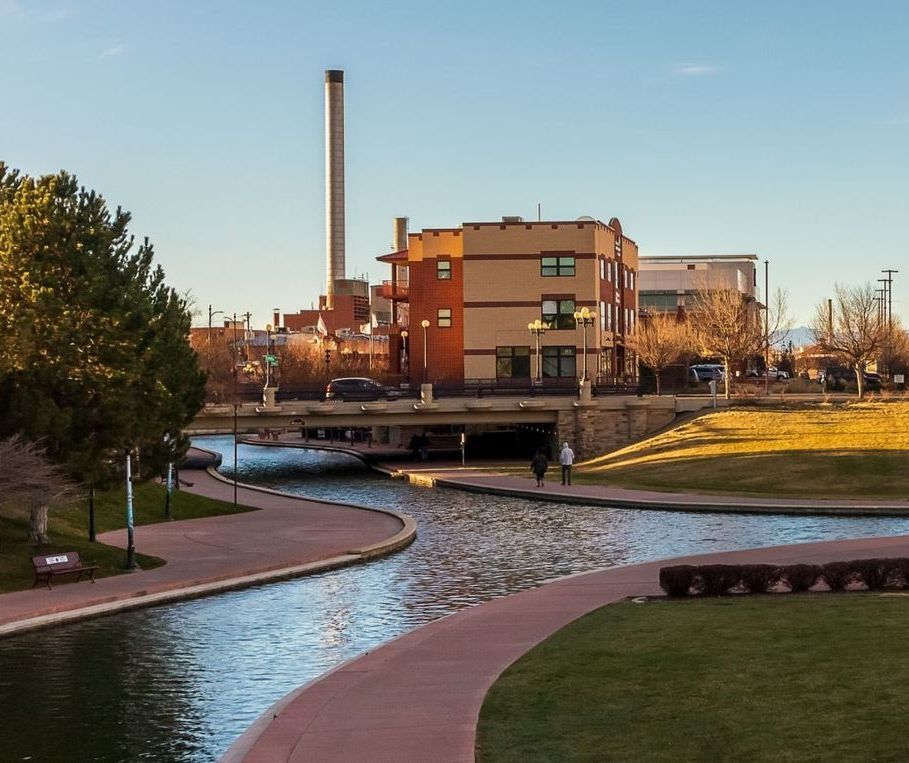The forge
Article
TRAILS
Quin Friberg
As Pueblo School District 70 considers the future of the TRAILS program, many parents and educators are questioning whether this curriculum aligns with the values of the community and if better alternatives exist for helping students grow and develop character. Below are six key reasons why the district should reevaluate TRAILS and seek an opt-in alternative that better serves the needs of students and families.
1. Ideological Differences
The TRAILS program, while well-intentioned, reflects an ideology that diverges from the values of many District 70 families. Despite the removal of controversial questions about gender pronouns by the district after initial concerns came in, the curriculum continues to promote themes such as gender ideology and sexual orientation as core identities. For example, in Lesson 13, students are taught that not using someone's preferred pronouns is "bad behavior," which may force students to adopt beliefs that some consider incompatible with reality. The need for ongoing monitoring and curriculum adjustments poses an unnecessary burden on the district, making it essential to find a program that better reflects community values.
2. Teachers Are Not Counselors
Another major concern with the TRAILS program is that it asks teachers to take on the role of counselors—something for which they are not trained. This blurring of responsibilities creates potential liability risks for educators and the district if advice given to students leads to unintended consequences. Several teachers in the district have expressed discomfort with these new responsibilities, citing inadequate training and concerns over being thrust into situations beyond their expertise.
3. Overburdened Teachers
Teachers in District 70 are already managing heavy workloads, and adding the responsibility of overseeing students' emotional health through programs like TRAILS only increases the strain. Rather than tasking teachers with managing mental health issues, the district should strengthen its access to trained counselors and mental health professionals. If there are insufficient resources for student counseling, the district should focus on expanding support services rather than shifting these responsibilities onto already overburdened educators.
4. Questionable Effectiveness
The effectiveness of SEL (Social Emotional Learning) programs like TRAILS is still up for debate. In Michigan, where TRAILS has been widely implemented, suicide rates among young people have not decreased; in fact, they have risen. From 2008 to 2022, the national suicide rate for ages 15-24 increased by 6.3 per 100,000, while Michigan saw a rise of 7.0 per 100,000. Although there is no direct evidence linking TRAILS to this increase, the program has not produced a noticeable reduction in youth suicides, despite claims that SEL programs can be life-saving.
5. Better Alternatives Exist
Programs like Capturing Kids’ Hearts offer a more well-rounded approach to student development than TRAILS. These classical character development programs focus on instilling enduring virtues such as honesty, respect, perseverance, and responsibility. By addressing the whole child—emotionally, intellectually, and ethically—programs like Capturing Kids’ Hearts go beyond emotional regulation to instill timeless values that help students develop autonomy, accountability, and a strong moral compass. Such an approach fosters personal responsibility and long-term success, helping students grow into thoughtful and ethical individuals.
6. Parental Rights and Opt-In
Finally, respecting parental rights is paramount when it comes to decisions about their children’s education, particularly for programs like TRAILS. The default should not assume automatic participation; parents should have the option to opt their children into such programs. This ensures transparency and gives parents the authority to decide whether their child should participate in SEL or character development curricula. Opt-in programs respect parental involvement and ensure that families are fully informed about the values and lessons being taught.
As District 70 looks to the future of its character development programming, it is clear that alternatives to TRAILS exist—alternatives that better align with the values of the community, respect teachers’ roles.
Related Articles
Related Articles



STAY UP TO DATE
GET PATH'S LATEST
Receive bi-weekly updates from the church, and get a heads up on upcoming events.
Contact Us
We will get back to you as soon as possible.
Please try again later.


The forge
Contact us
719-696-1757
Get Involved
Resources
About
All Rights Reserved | Forging Pueblo



